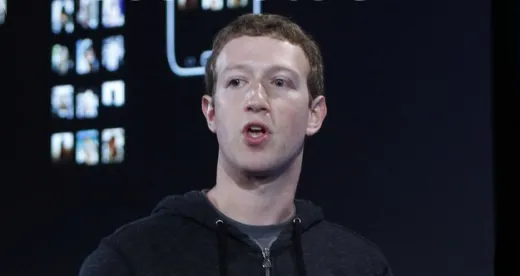On July 15, the Democratic majority of the House Financial Services Committee introduced draft legislation, titled “Keep Big Tech Out Of Finance Act,” targeting Libra, Facebook’s contemplated new digital currency. As a follow up, during her July 17 opening statement before testimony from a Facebook executive, Chairwoman Maxine Waters expressed serious concerns about Libra and asked Facebook to put it on hold.
The draft bill would prohibit large technology companies that “predominately engage[] in the business of offering to the public an online marketplace, an exchange, or a platform for connecting third parties [defined as ‘large platform utilities’]” from “establish[ing], maintain[ing], or operat[ing] a digital asset that is intended to be widely used as medium of exchange, unit of account, store of value, or any other similar function . . . .” See Section 2(b)(1). It would also empower federal financial regulators to assess fines up to $1 million per day for violations of the statute.
The draft bill goes much further, however, than banning large tech companies from offering digital currencies. It also prohibits large platform utilities from being “affiliated” with financial institutions (see Section 2(a)), with “affiliate” having the meaning set forth in the Bank Holding Company Act:
[T]he term “affiliate” means any company that controls, is controlled by, or is under common control with another company.
12 U.S.C § 1841(k). Because large technology companies cannot be, or affiliated with, financial institutions, the draft bill would block them from acquiring banks, getting bank charters, taking deposits, operating exchanges, or acting as investment firms. The definition of “financial institutions” in the draft bill also includes state-licensed money services businesses. See Section 2(f)(8)(P). So the draft legislation appears to prohibit many existing digital wallets and payment products offered by large technology companies (subject to a one-year, wind-down grace period for existing offerings). The same penalties of $1 million per day would apply to prohibited affiliations.
Republicans are expected to oppose the draft bill, but there has been bi-partisan skepticism about and, at times, opposition to Libra and the concept of tech companies offering digital currencies, more generally. We believe the opposition foreshadows other efforts to regulate large technology companies and their offering of financial services.



 />i
/>i
